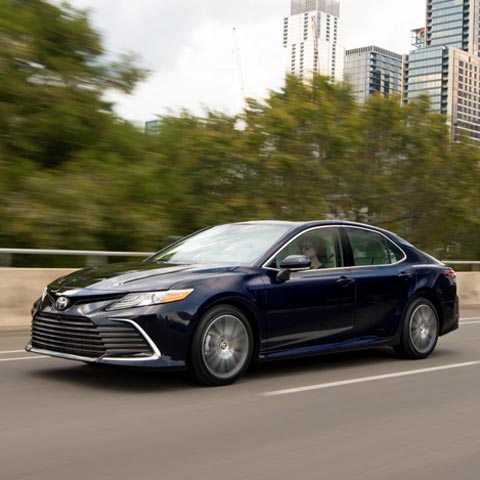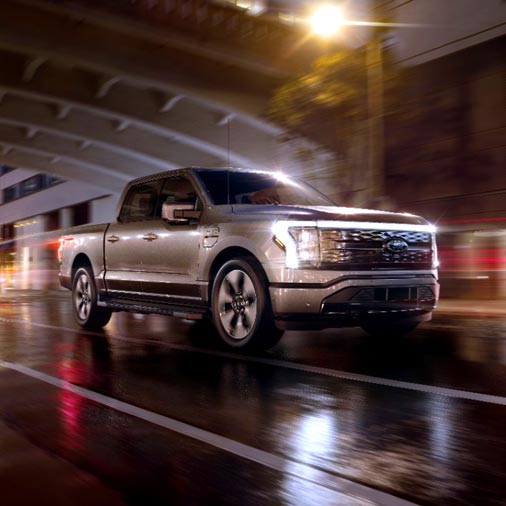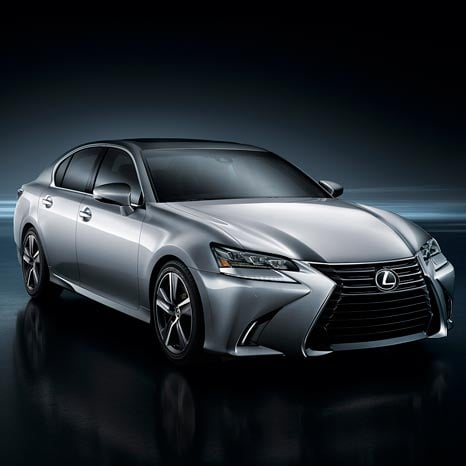Don’t Assume that Auto Insurance Rates are Fair and Reasonable

A Closer Inspection just may Shock you - and Not in a Good Way.
Published on May 28th, 2020. Last Updated on .
Before you sign on the dotted line for your new wheels, you had better have done your homework for your new auto insurance policy.
While most drivers stay with the same auto insurance company for years, simply writing premium checks every quarter, this may not be a good strategy. Most auto insurance companies expect that their policyholders do not shop their insurance rates each year, but instead, simply go from year to year, without any changes. It's human nature to just stick with what you have, just like we do with our cable company and cell phone provider. Whether it be our collective laziness, or that we all just have higher priorities in life, we simply don't get around to reviewing our auto insurance coverage as frequently as we should. As a result, drivers are likely paying much more than they should be, and over time, this can really add up to some serious money.
Get a Car Insurance Quote
Easily compare policies and rates in just a few minutes.
Rates Will Vary Significantly Between Providers
A vehicle owner's driving record is what it is. The number of accidents, speeding tickets, and other moving violations clearly stays the same, regardless of who provides your auto insurance. Likewise, and obviously, your age and state of residence doesn't differ as a result of who your insurance carrier is either. If this is the case, why then, do insurance rates vary so greatly from one carrier to the next-for the same person?
The answer is a fairly complicated one, but folks in the insurance industry simply call it "risk management". As insurance carriers decide upon the premium price for a specific driver, they look to see how many similar drivers (age, driving record, type of car, region of the country) that they are currently insuring. If this number is smaller than they would like, the carrier will be inclined to price their rates attractively, in an effort to add this type of client. If this number is considered too big for the carrier's comfort level, they will price their rates higher, in order to limit the number of drivers that reflect similar criteria. They do this, simply because they want to have a broad mix of drivers in their portfolio of insureds, and wish to have a balanced representation of many different types of drivers from different parts of the country. Like an investor that has a diversified mix of stocks, bonds and mutual funds in their IRA, insurance carriers wish to have a diversified mix of driver types in their portfolio.
Similar to insurance carriers' desire to limit their exposure to one type of driver, or one region of the country, they also attempt to manage their risk across the types of vehicles that they are insuring. Consistent with the notion of managing risk, insurance carriers wish to maintain a representative mix of different types of insured vehicles in their portfolio so as to not have too many eggs in one basket. If they find that they have more sports cars in their portfolio than they would like, they will price these vehicles more expensively in an effort to reduce their exposure to sports cars. The same will certainly also apply to luxury cars, SUVs or pick-up trucks, as they simply want a balanced mix of vehicle types in their portfolio.
Top 10 US Auto Insurers
| Rank | Insurer |
| #1 | State Farm |
| #2 | Geico |
| #3 | Progressive |
| #4 | Allstate |
| #5 | USAA |
| #6 | Liberty Mutual |
| #7 | Farmers |
| #8 | Nationwide |
| #9 | American Family |
| #10 | Travelers |
Why Your Rates Will Change, Even Though Your Driving Record Doesn't
As insurance companies determine their pricing for the next period, they will look at their total set of insured (people and vehicles), and determine that which they want more of, and that which they want less. To accomplish this objective, they do so simply by adjusting their pricing. For example, if they feel that they have too many young drivers in the Southwest, they will charge higher rates for these drivers to purposefully limit the number of new policies that sign up with them in the near future. Conversely, if they want more of a certain driver type, they will lower their rates accordingly.
So, you likely chose a specific insurance carrier because their rates were low at the time, and they wanted more drivers like you. But, is that still the case now, and is the carrier still looking for more customers just like you? Also, has your driving profile changed at all? Did you become married, or have children, or did you have an accident or get a speeding ticket? All of these factors will also determine how your auto insurance policy is priced, and all will be factors in determining whether your insurance carrier wants more customers like you-or not.
This practice in the insurance market can lead to some rather dramatic variations in the price of specific policies from one carrier to another. It's all a function of the carriers "managing" their risk, and whether they're trying to attract customers like you, or attempting to get them off their books.
An Example at the Extreme
Our family had been using Geico for auto insurance for years. Perhaps they had the best rates at the time, or maybe I just liked their ads with the gecko; I can't remember. Then a few years ago, when buying a new car, I compared rates with other carriers, and found that Progressive had much better pricing at that time (although they didn't when I chose Geico originally)-so our family switched our auto policies to Progressive. This year, after much thought and anticipation, I decided to buy a high-performance exotic, something that I had considered for years. I did more homework on that car than one can imagine, and spent countless hours reviewing just about every car in the country in that category. I wanted the right car at the right price, and I was solely focused on the car and the deal-everything else was inconsequential in my mind.
Upon finding just the right car, the dealer and I quickly struck a deal, and I was ready to go. However, insurance for the car hadn't even been a consideration at the time, as that wasn't important-or at least, that is what I thought. When I called Progressive, I gave them the VIN number for my new ride, and within minutes, they provided me the quote-$15,600 for the year-just for that one car. What??? I told the agent on the phone that clearly her math was off, or that she had the decimal point in the wrong place. However, she assured me she hadn't, and after much discussion, she acknowledged that Progressive just didn't like to insure exotic cars above a certain value, and their pricing reflected that intent. I was so distraught, that I almost called the dealer to beg that we unwind the deal, and that I would even forego my deposit-who wants to pay $15,000+ for insurance on one car, even a fancy one. Letting it soak in for a minute, I regained my composure, and got on the phone to seek a better alternative-I still had hope.
After several unsuccessful calls, I tried State Farm, as a fellow car-buff pointed me in their direction. My discussion with State Farm was an eye-opening experience. Their agent gave me a quote not only for my new exotic, but also for the other three cars that our family owned. Believe it or not, the total quote, with the exotic included, was less than what I was paying Progressive for the three cares, without the exotic. Surprisingly, despite getting a fancy new car, I was able to lower my overall auto premiums by over $1,000, even with coverage for my new toy. As it turns out, State Farm simply is more comfortable insuring high-end vehicles, as they perceive them to be lower risk (they mainly sit in a garage and are only driven seldomly), and they price these policies to attract this type of business.
Everyone's Experience will be Different
Now, I'm not trying to convince you to switch to State Farm, as that may not be a good choice for you-and they may not be a good choice for me a few years down the road either-we shall see. After weighing all of the factors we discussed above, some auto insurers will want to attract your business, and others will try to avoid you. It may have nothing do to with you or your driving record, but instead just the carrier "managing" their risk. The bottom line is that you have to shop around for rates-at least every 2-3 years-just to ensure that you and your family have the right coverage, and at a price that is competitive with other carriers.
Shop Before You Drop...a Big Pile of Dough
To quickly and efficiently shop around for the best quote, check out the tool offered by the online car site, UsedFirst.com, at https://usedfirst.com/insurance/. You don't even have to make the "15-minute phone call' to save money-you just have to check a few boxes, and savings could be just a few clicks away.








